A Comprehensive Guide to a Home Inspection; Northern Virginia Edition
Purchasing a home is arguably one of the most exciting times of your life. For many home buyers, it’s the single largest financial decision you’ll make. And there’s the detail that you’ll be living in it - probably for years to come.
So yes, though we might be biased, we believe home inspections are crucial. We also understand for many people there’s a lot of ambiguity surrounding the process and what to expect. In this article, we hope to overcome that. And if this content makes you feel more knowledgeable on the topic of home inspections, consider sharing it.
In this post:
What is a home inspection?
Your standard home inspection is a detailed look at the major systems of a house. It includes everything from fixtures to crawlspaces; electrical outlets to the roof - and almost anything in between. It's the best way to assess whether or not a potential house is in the condition to become a home.
The general purpose is to locate any underlying issues with the home. Some repairs are more reasonable than others - but by working with professional inspectors, you can determine that for yourself.
Its secondary purpose is for new homeowners to learn a few basics on home maintenance and management from a qualified home inspector.
Home Inspection Services
Residential Home Inspection
A residential home inspection could be a single family home, condo, townhouse, apartment, or even a horse farm. Even if you are buying a condo or similarly managed residence, you still should have a home inspection to ensure the parts of the home you're responsible for are in good working order.
Pre-purchase inspection
This inspection is carried out prior to the purchase of a home, after it goes under contract. These are also common when buying a home as an investment property.
As part of the negotiating process, realtors often tie contingencies to home inspections. A contingency essentially states if a home has major problems, a prospective buyer can void the contract without penalty.
Home inspections can also be the starting point for negotiations if an issue isn’t serious enough to warrant voiding. Inspectors can't give you advice on exactly what to do, but they can give you the detail you need to make an informed decision.
Pre-listing inspection
This is the inspection you do before selling your home. I go into detail about why you need a pre-listing inspection in another post, but here's the summary:
It gives you a chance to make repairs beforehand
It helps you set an appropriate listing price
It builds trust with a potential buyer
All of which can make for a faster and more efficient selling experience.
Pre-drywall inspection
Considering a new construction? Don't skip the pre-drywall inspection. In one, we inspect the 'insides' of the walls for mistakes or oversights that would become significantly more difficult to amend later. This includes items like broken boards and pipes to nowhere.
You’ll receive a report you can share with the builder to get any issues amended. Then you can move into your new house with the knowledge that your new home will open doors for years of enjoyment.
Additional Common Inspections
Depending on your home, you may need a service like one of the following:
Radon Gas Testing
Radon is a colorless, tasteless, odorless, gas. It gets in our homes through a process called ‘radioactive decay’, where uranium in the rocks below Earth’s surface breaks down and migrates upwards.
The FDA says radon is the number one cause of lung cancer in the US outside of smoking. The only way to find it, is to test for it. Thankfully, even if a home has higher than safe levels, radon remediation is available. radon testing
Learn more about radon testing. The cost is about $125 per test. Though you can get at-home kits, we recommend hiring a trained professional for more accurate results.
Septic Inspection
If a home has a septic system, it may be necessary to inspect it. Not all homes have septic systems though. Check with your realtor if you’re unsure.
In a septic inspection, they're able to see how a system has been maintained. For example, when the tank was last pumped or what the sludge level is. This type of inspection can also confirm a system is big enough for the home.
Your home inspector can recommend you a professional septic company. The price for a septic inspection varies depending on the complexity of your system and services required.
Termite, or WDI, Inspection
In the greater DMV region and surrounding area, there's plenty of gorgeous homes with wood found throughout.
Sounds like your home? Testing for wood destroying insects (WDI) should be on your list. These pests can cause major damage that often isn’t apparent until it's too late. Depending on your loan type, WDI testing could be mandatory. This can be true for FHA, VA, or HUD loans. Check with your realtor or lender to find out the specifics for your situation.
This service is pretty affordable – oftentimes starting at $45. Your home inspector can schedule this.
Indoor air quality testing
Ensuring clean air for you and your family is critical when selecting a new home. This test checks the levels of common pollutants (like mold) in the air. They also can detect asbestos, gas emissions and more.
Is an indoor air quality test necessary for your home? It depends. In some more humid areas, it’s standard practice. Or, if a house has a history of flooding.
The price of these tests can very, so check with your home inspector for a better idea.
Understanding the Final Report
Regardless of what type of home inspection you need, you'll get a detailed report at the end. Though it varies between inspectors, the report generally contains the following:
A summary page containing any major issues requiring attention
Details on these issues and the general condition of major systems including:
Appliances
HVAC
Plumbing
Garage
Basement / crawlspace / foundation
Photos demonstrating items in need of attention.
A list of ‘deferred cost’ items – AKA the ones that aren’t likely to happen right now but you probably want to budget for.
And much more. If you order additional services, like radon or septic testing, those generally come separately from the home inspection report.
A Sample Report from Red Star Home Inspections
Want to see a report? Download our sample report. Many of my repeat customers say the summary gives you the crucial knowledge you need to decide whether a home is a good investment.
In most cases, you can expect to receive your report within one to two business days, but be sure to let your inspector know of any crucial deadlines.
What Qualifies someone to be a Home Inspector?
Home inspectors are licensed at the state level. Always make sure any prospective inspector is a member of a home inspection association such as InterNACHI. This ensures the inspector has met requirements demonstrating their expertise in the field. Home inspectors are also subject to mandatory continuing education.
How can a home inspection help you?
A home inspection can potentially save you tons of money down the line. During the housing market of the early 2020’s, people waived inspections. Today, many of them are regretting it.
A home inspection can also be a valuable negotiating tool – in both a pre-listing and a pre-purchase inspection. Why? Because in either scenario you have a true understanding of the home and where you stand.
Choosing a Home Inspection Business
With so much on the line, you might be wondering how you can be sure that you hire the right home inspection pros. Here are a few things to remember:
· Be sure any prospective inspector is licensed in your desired state (shameless plug: we’re licensed in Maryland, Virginia, and Washington, DC)
· Always choose an inspector that is part of a home inspection association such as InterNACHI
· Hiring a knowledgeable pro is crucial. Ask how many inspections they've completed.
· Look for inspectors with some background in construction or engineering
Scheduling your Home Inspection
Once you’ve done your research and found your home inspector, the next step is to book your inspection. But first – you’re probably looking for answers to the two questions I receive most:
1. How long do inspections take?
It depends. A home with multiple floors takes longer than a studio apartment. But, we can give you some general guidelines:
Condo/Apartment: 1.5 to 3 hours
Townhouse: 1.5 to 3 hours
Single family home: 2 to 4 hours
Equestrian property: 4+ hours
2. How much does a home inspection cost
Again, it depends – on the home itself, location, the home inspector's pricing structure etc. For an idea, here's average starting prices for Northern Va and the surrounding area:
Condo: $349+
Townhouse: $399+
Single family home: $549+
Equestrian property: $849+
For a quote, feel free to contact us (you can also reach out with any general inspection questions, Red Star as a business, etc).
To book your appointment, we'll need the address of the home. If you're a realtor booking on behalf of your clients, please let us know. We'll be in touch ahead of your scheduled time so we can ensure a great experience for all involved.
Now that you know what to expect at home inspections, it’s time to hire your home inspectors. If you’re local to Washington, we've been serving Northern Virginia and the surrounding area for 15+ years and have inspected 4,000+ homes. You can easily schedule a home inspection online or contact our team directly at 703 431 4339 for the fastest service. Mention this article and we’ll take 10% off your inspection fee.




